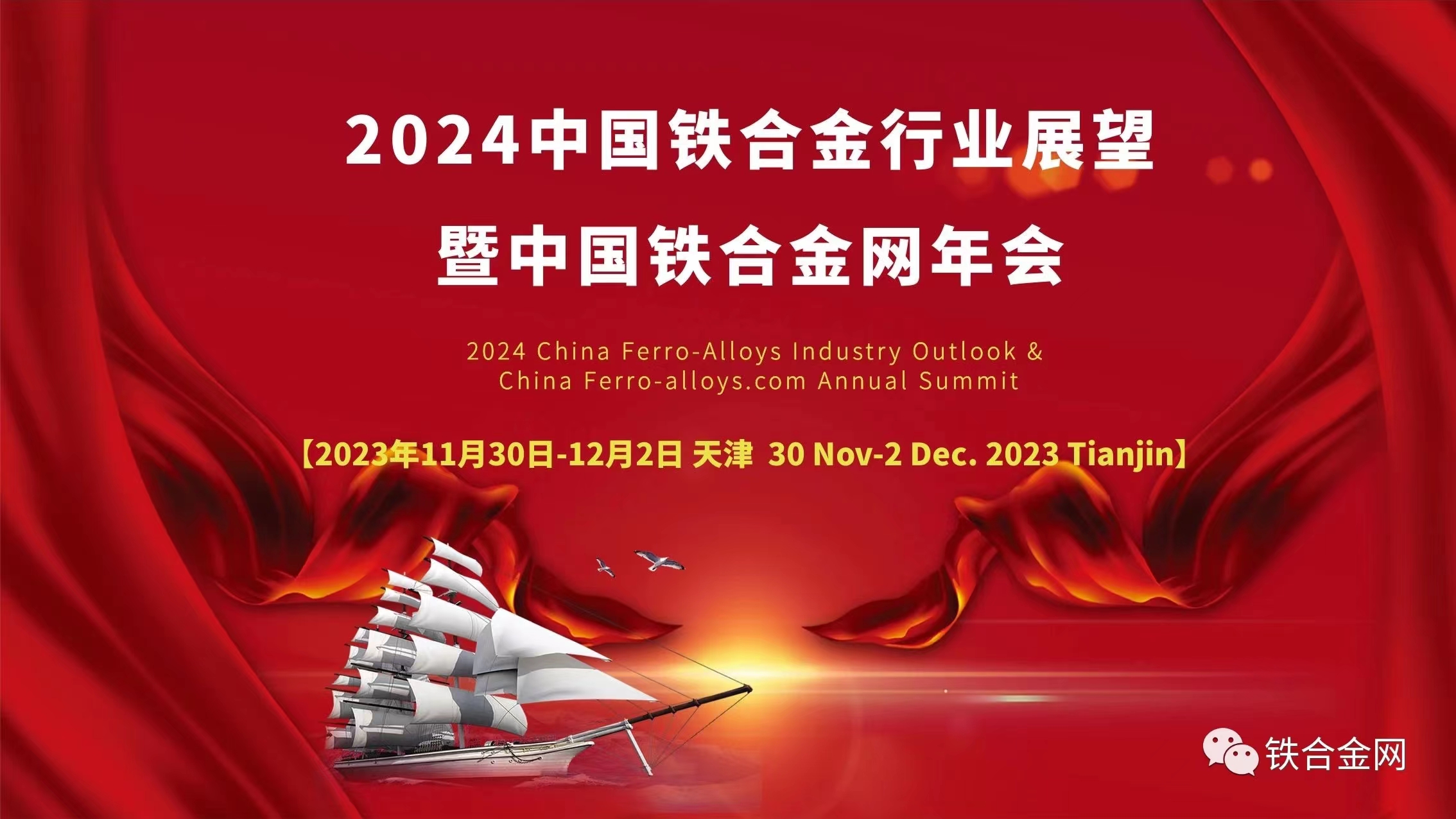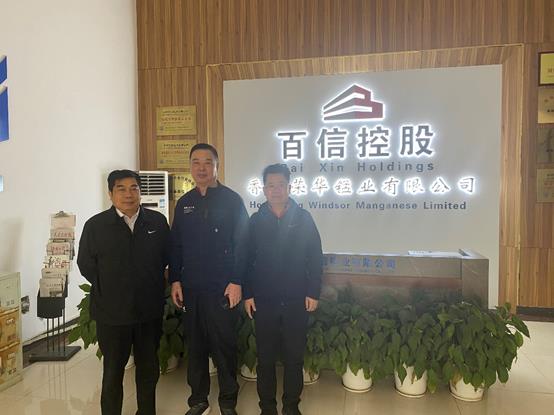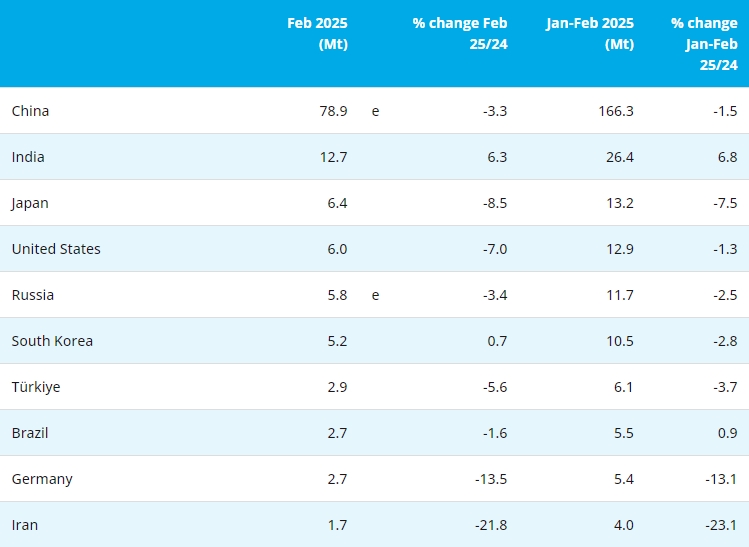
According to the Brazilian capital goods association Abimaq, the duty increase could raise the prices of refrigerators, stoves, auto parts, automobiles and machines.
“As steel is a raw material that supplies several other industrial chains, these protectionist measures would affect the entire industrial [value] chain, which would have significant impacts on several sectors of the economy that employ many workers,” Abimaq executive president José Velloso told Fastmarkets on October 11.
Abimaq said the request for higher import tariffs was “contradictory” because some steel mills import semi-finished steel for their own subsequent rolling.
“From infrastructure to energy generation, rail transport, transportation of trucks, people, and buses, everything uses steel,” Velloso added.
The Brazilian steel association Aço Brasil requested that import duties on steel products be increased to 25% to curb an inflow of imported material and avoid plant closures. At the Brazilian Steel Conference in São Paulo in September, Gerdau and ArcelorMittal said that some factories are operating at lower capacity, and there would be some layoffs if the 25% import duty wasn’t adopted.
Steel import prices have been constantly falling in recent months, with Fastmarkets’ weekly price assessment for steel hot-rolled coil import, cfr main ports South America decreasing to $580-615 per tonne on October 13, down from $590-615 per tonne on September 15 and from $620-640 per tonne on August 4.
On October 1, following mills’ request for higher duties, the Brazilian government decided to increase import tariffs on 12 steel products to 9.0-14.4%, from 8.0-12.8%. However, the Brazilian chamber of construction industry CBIC said that the tariffs should be maintained at the previous level of 8-12.8% for at least the next three years, until December 2026.
According to CBIC, the duty increase could “greatly minimize” the positive socioeconomic impact of Brazilian governmental projects, such as housing finance program Minha Casa, Minha Vida (MCMV) and public investment plan Programa de Aceleração do Crescimento (PAC), or even make these programs unfeasible.
“A house from the MCMV program built with mesh made from wire rod will be more expensive, as will a bridge or dam that are part of the PAC and basically use rebar and concrete,” CBIC’s vice-president Dionyzio Klavdianos told Fastmarkets on October 11. “The price of Brazilian steel is based on the international price and the respective cost of clearing through customs,” he added.
“We can say, without fear of making mistakes, that the direct and indirect effects of price increases and loss of competitiveness will go in the opposite direction to the much-desired reindustrialization and improvement of infrastructure,” Abimaq’s president added. fastmarkets
Copyright © 2013 Ferro-Alloys.Com. All Rights Reserved. Without permission, any unit and individual shall not copy or reprint!
- [Editor:kangmingfei]



 Save
Save Print
Print Daily News
Daily News Research
Research Magazine
Magazine Company Database
Company Database Customized Database
Customized Database Conferences
Conferences Advertisement
Advertisement Trade
Trade




 Online inquiry
Online inquiry Contact
Contact

Tell Us What You Think